Some foods just don’t belong in the refrigerator. Storing them there can ruin their taste and texture, or even cause them to spoil faster. Here are 17 foods you should always keep out of the fridge for best results.
Tomatoes
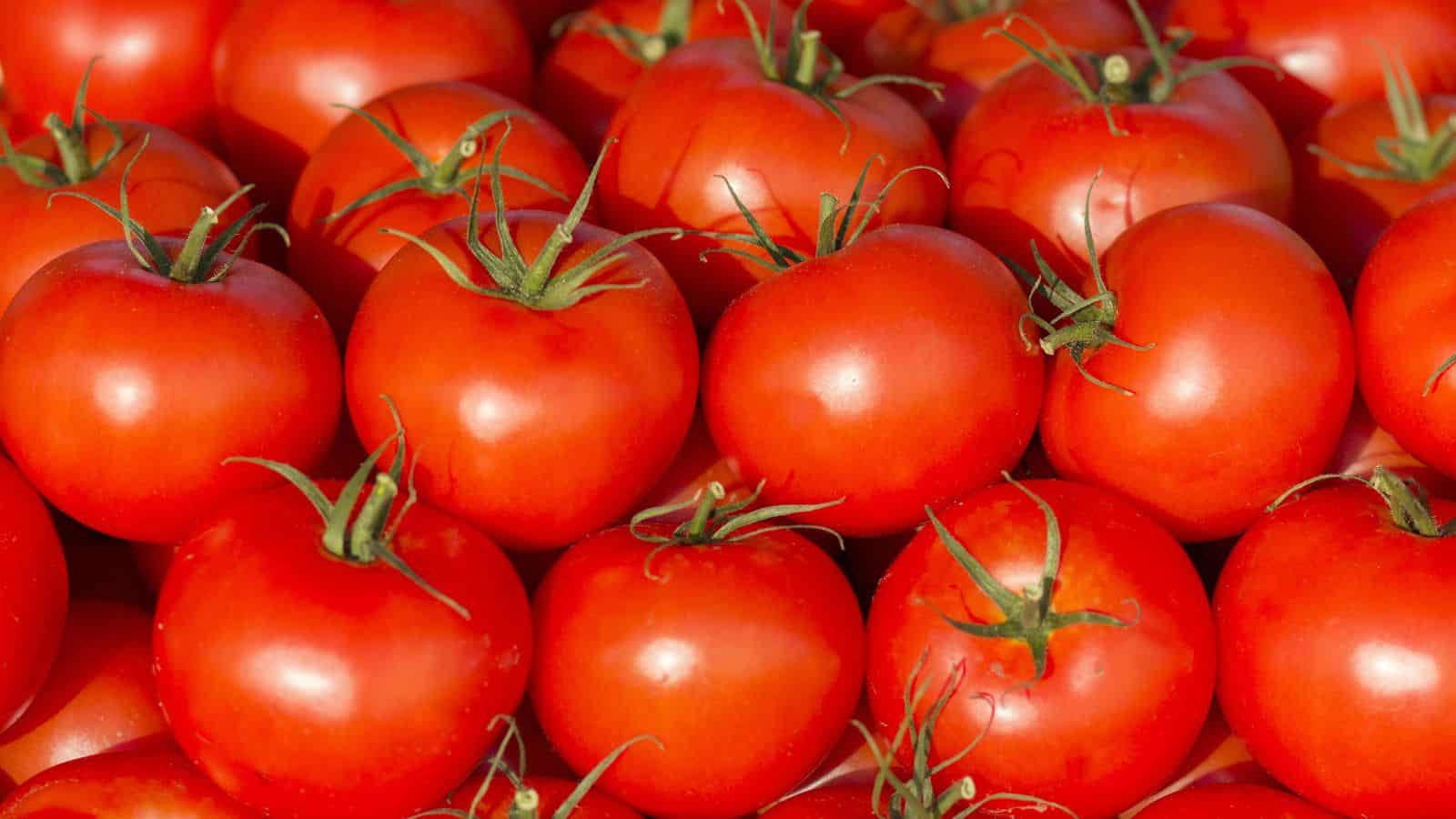
Refrigerating tomatoes can make them lose their flavor and become mealy unless you have over-ripe tomatoes. It’s best to store them at room temperature to maintain their taste and texture and you should keep them out of direct sunlight. Use within a few days for the best quality.
Potatoes
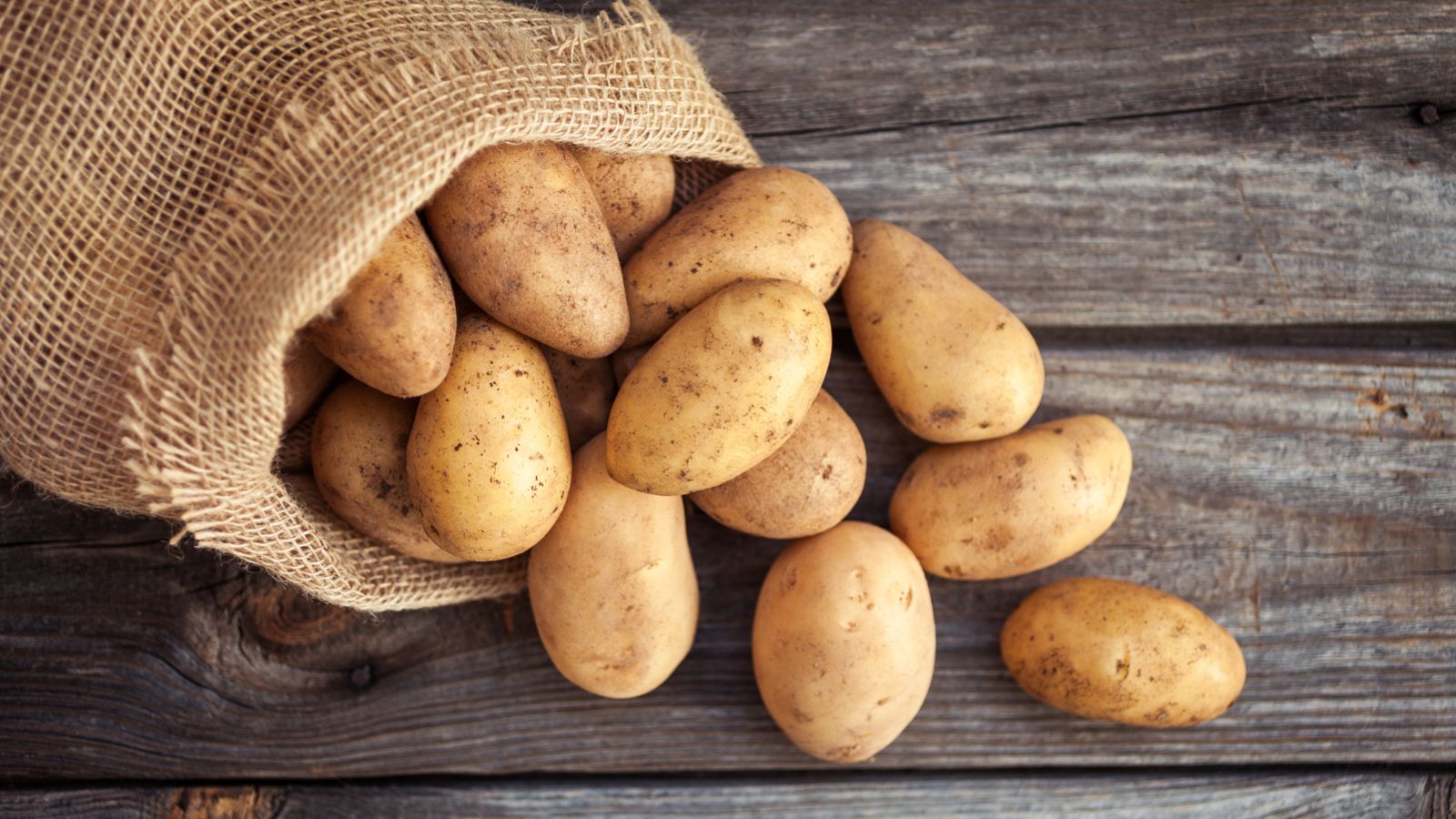
Storing potatoes in the fridge turns their starch into sugar, affecting flavor and texture. For natural taste and consistency, keep them in a cool, dark, dry place like a pantry or cellar. This prevents starch conversion, sprouting, and rotting. Proper storage ensures potatoes stay fresh, tasty, and ready for your recipes. Quality storage is key for this versatile staple.
Onions
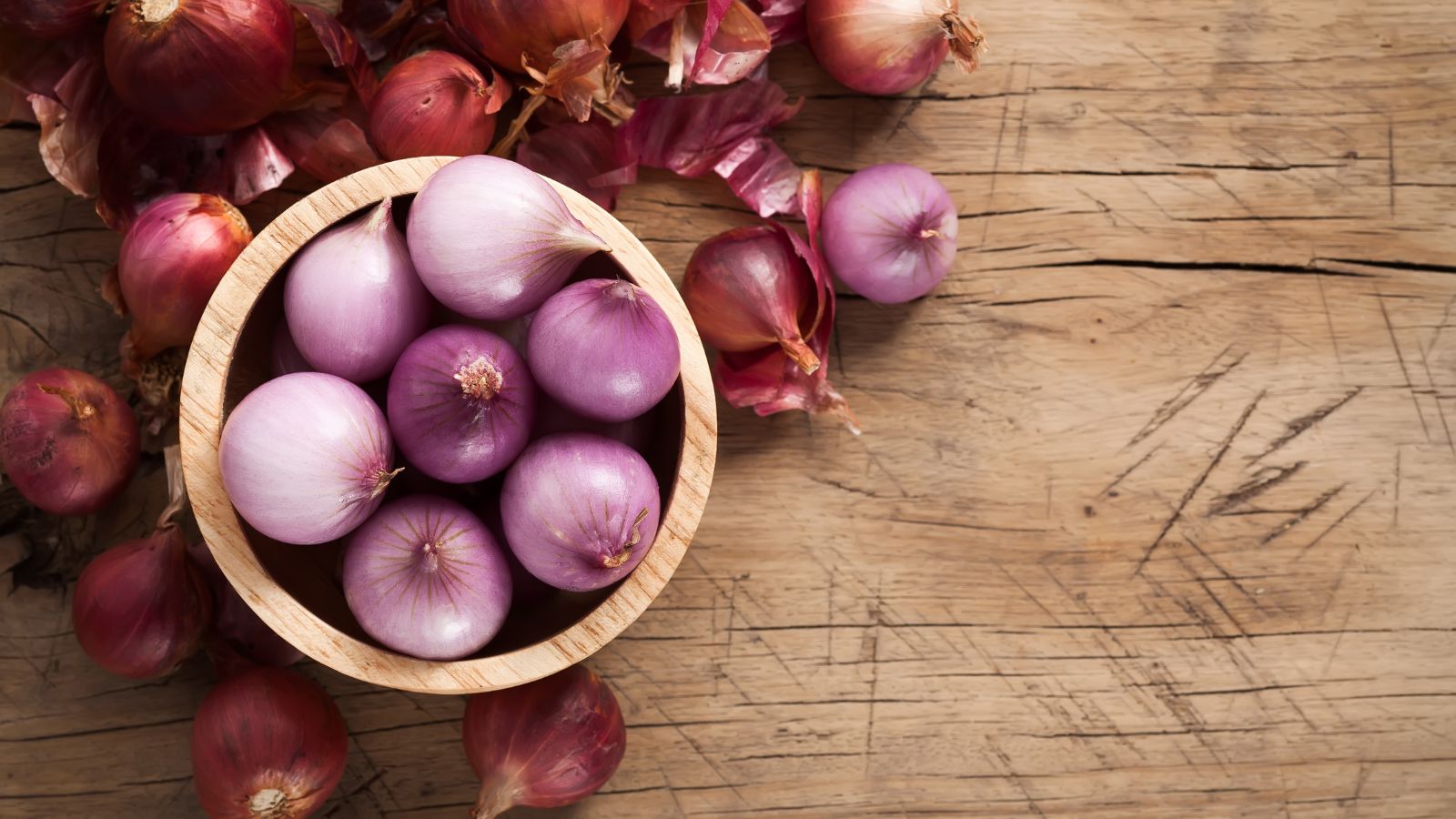
Refrigerating onions can make them soft and moldy as the fridge is so humid. They do best in a cool, dry, and well-ventilated place. Keep them away from potatoes, as the gases they emit can cause each other to spoil more quickly.
Garlic
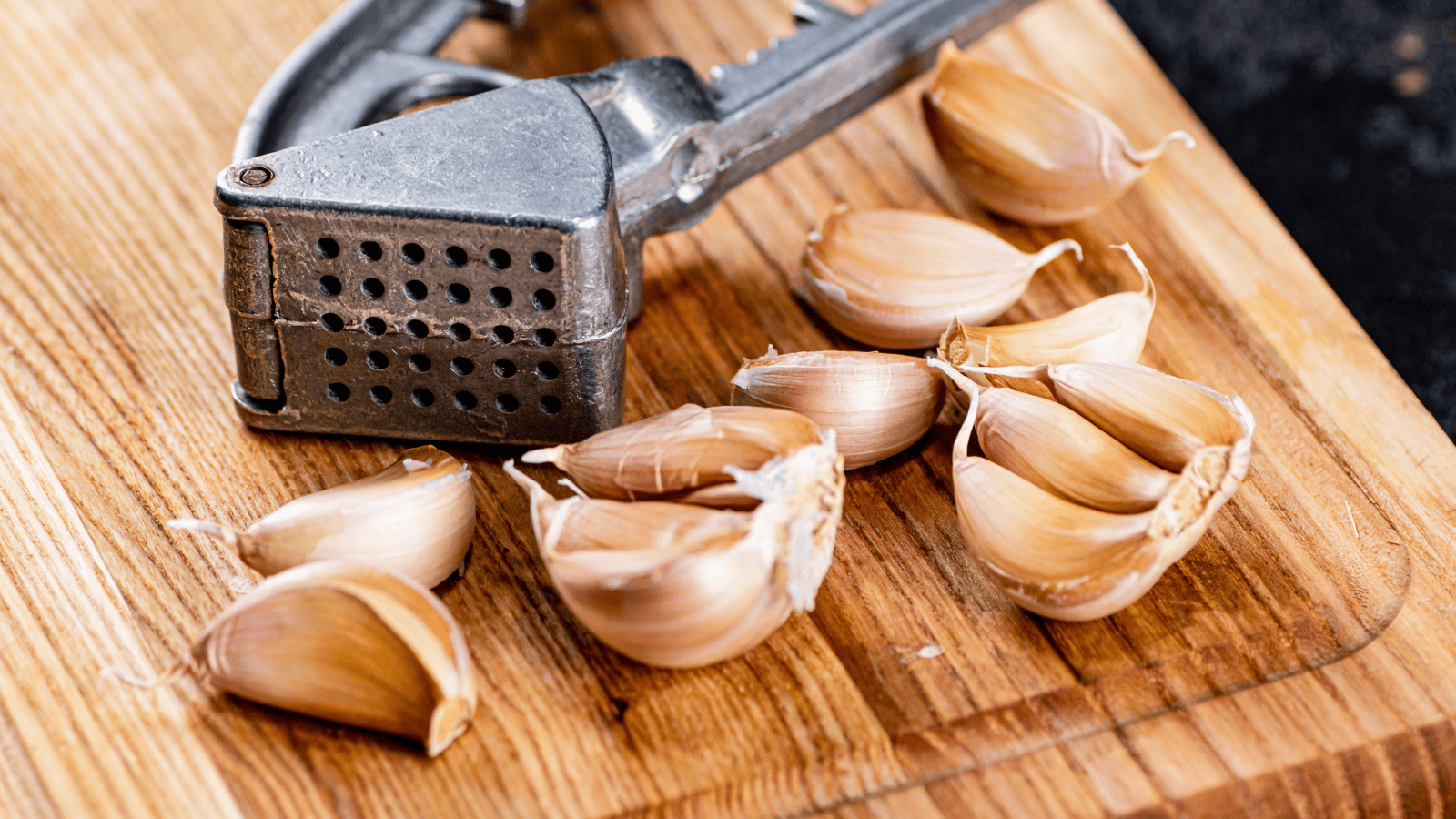
Storing garlic in the fridge can make it rubbery and flavorless due to the cold conditions. This impacts both its texture and its distinctive taste in dishes. Instead, keep garlic in a cool, dry spot with good air circulation, like a pantry or kitchen shelf. Proper storage ensures garlic remains fresh and flavorful for weeks without refrigeration.
Bread

When stored in the fridge, bread can become dry and stale. Keep it at room temperature in a bread box or a paper bag. If you need to store it for longer, freeze it instead, as freezing maintains its texture better than refrigeration.
Avocados
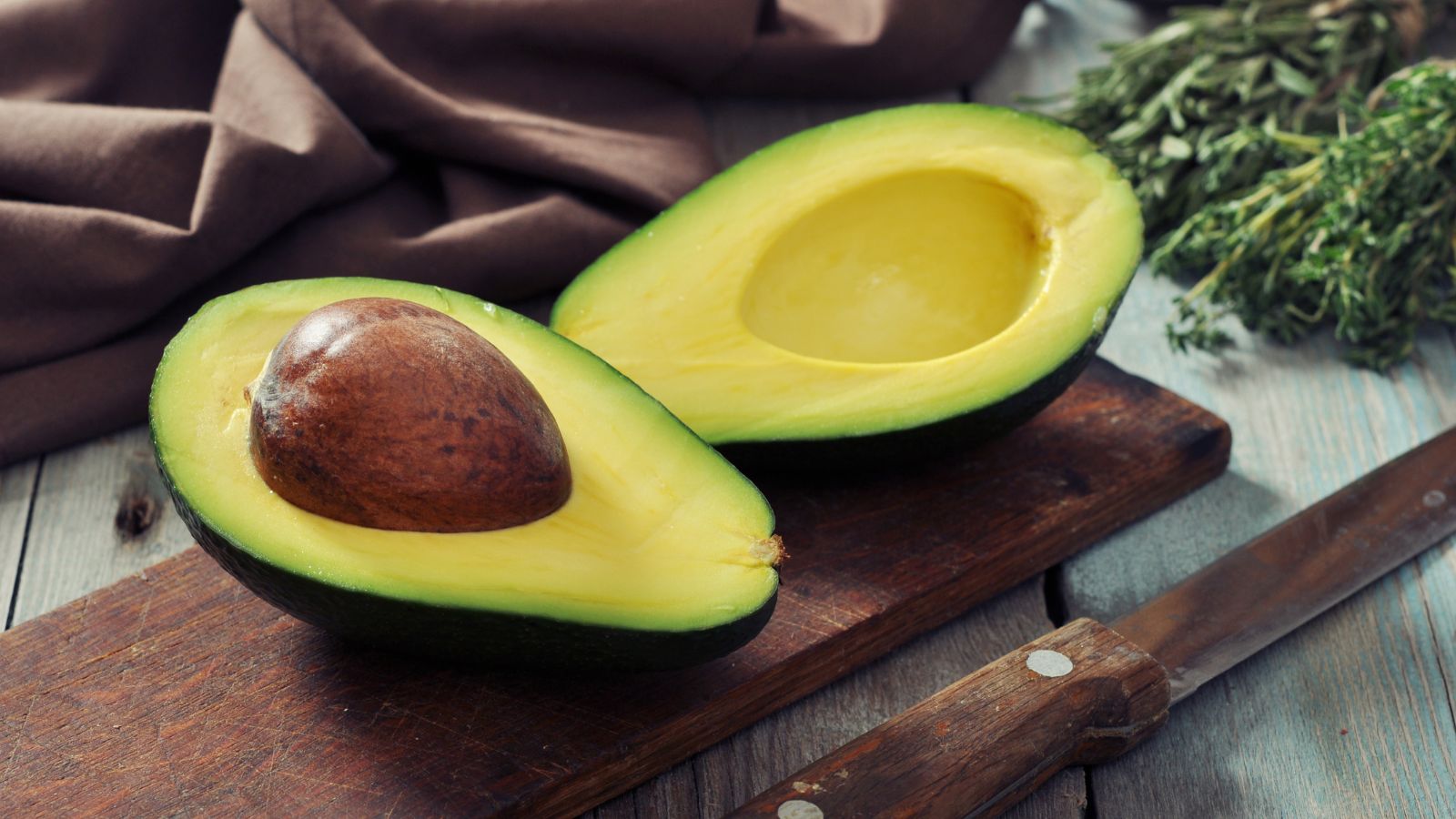
Unripe avocados won’t ripen properly in the fridge. Store them at room temperature until they’re ripe, then you can refrigerate them to extend their shelf life for a few more days. This way, you’ll enjoy their best taste and texture.
Honey
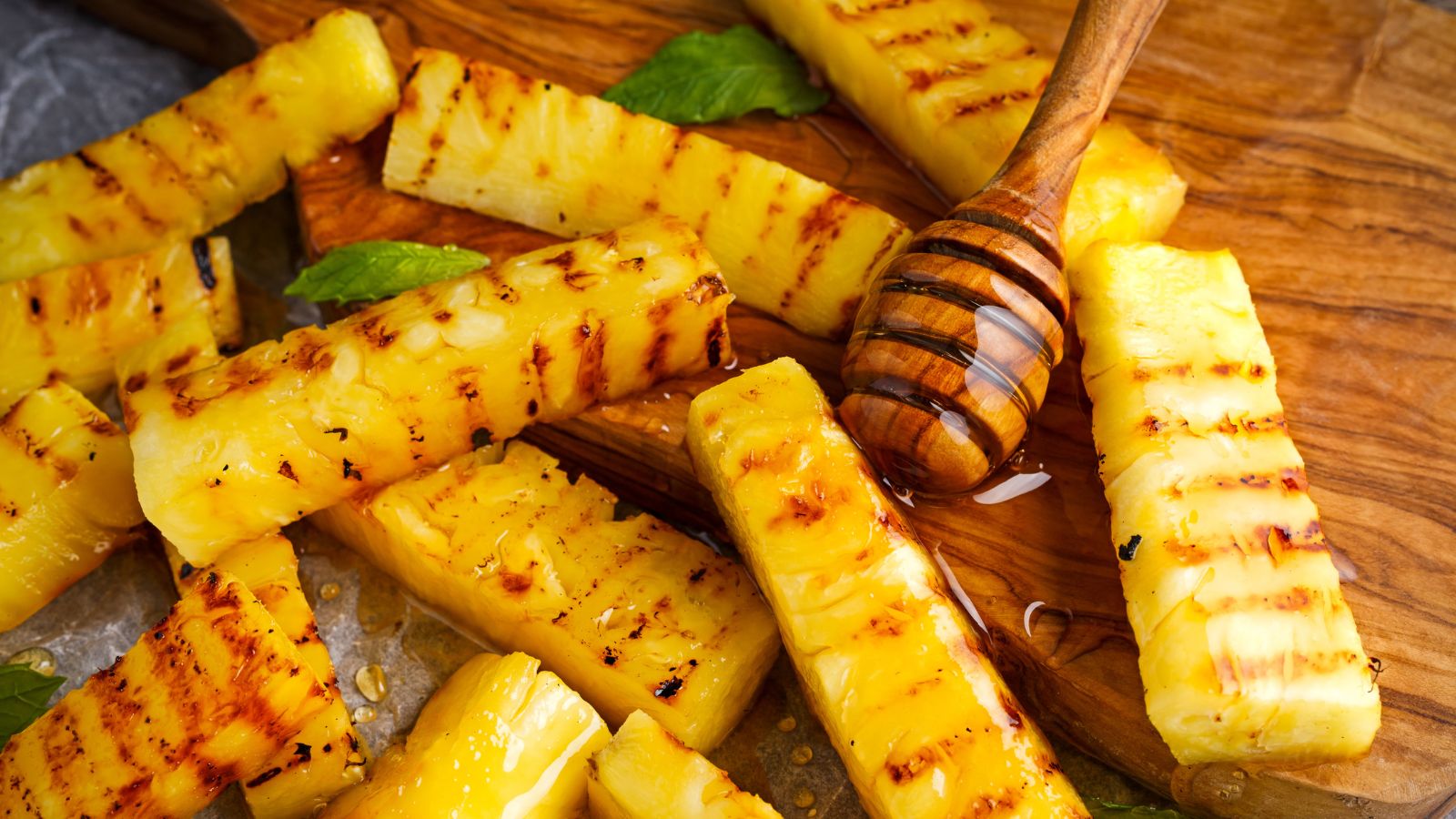
Honey can crystallize and turn grainy when stored in the fridge. It’s best kept at room temperature in a tightly sealed container. Properly stored, honey can stay good indefinitely without any need for refrigeration.
Coffee

Store coffee beans and grounds in an airtight container in a cool, dark place to keep them fresh and preserve their rich taste and aroma. This prevents them from absorbing moisture and odors from the fridge, which can impact their flavor.
Bananas

The cold temperature of the fridge can cause bananas to turn brown and mushy. Keep them at room temperature until they’re ripe, then you can refrigerate them if you want to slow down further ripening, but expect some changes in their appearance.
Melons
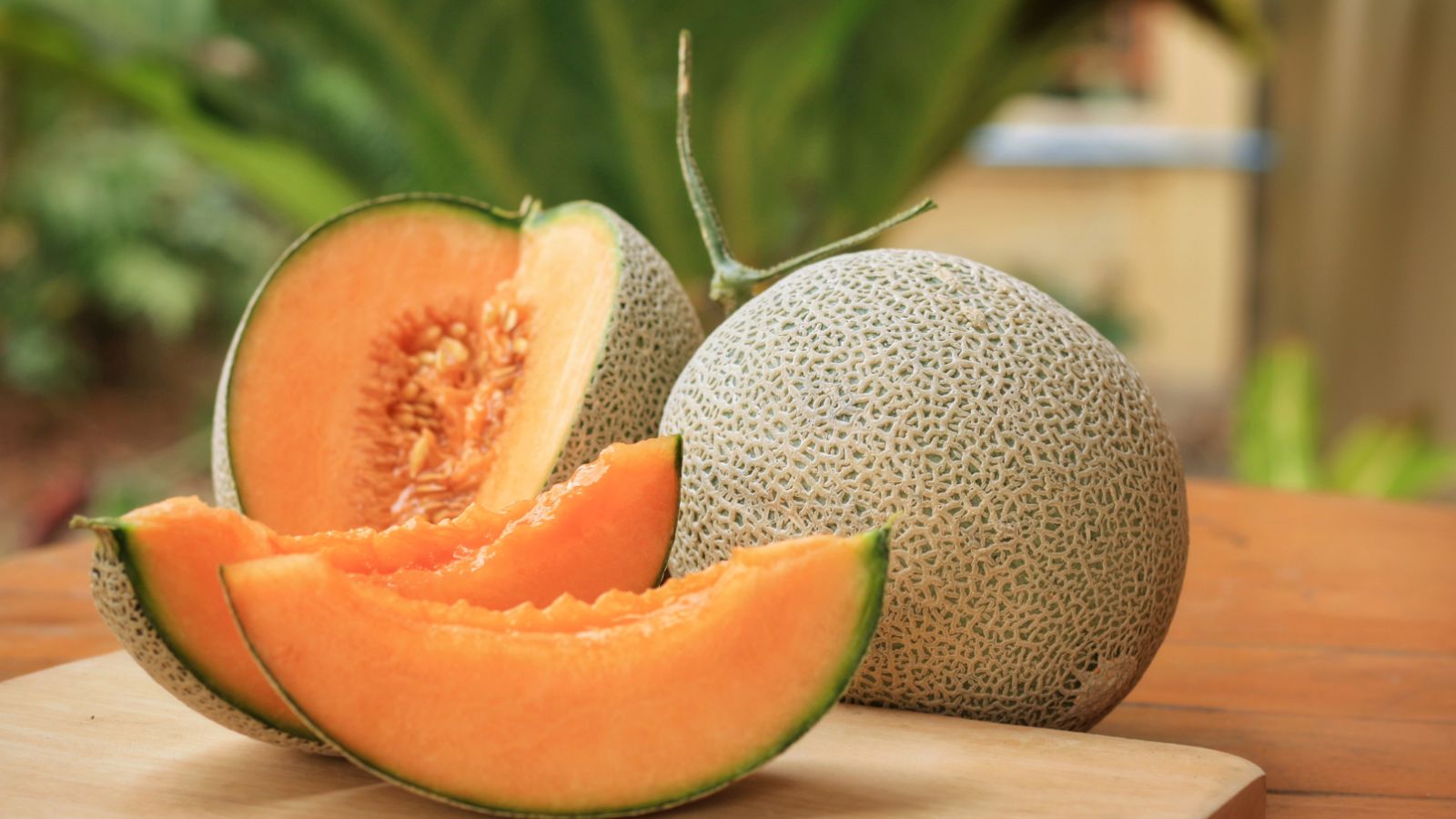
To maintain their best taste and texture, keep whole melons at room temperature until cut. Refrigeration can affect ripening, causing flavor loss. Once sliced, refrigerate the pieces to keep them fresh for a few days. Store slices in an airtight container to retain freshness and prevent drying or absorbing fridge odors. This way, you’ll enjoy the full sweetness and juiciness of the fruit.
Olive Oil

Refrigerating olive oil can cause it to become cloudy and solidify. Store it in a cool, dark place to maintain its liquid state and preserve its flavor. Proper storage ensures that your olive oil remains fresh and ready for use.
Peaches and Plums
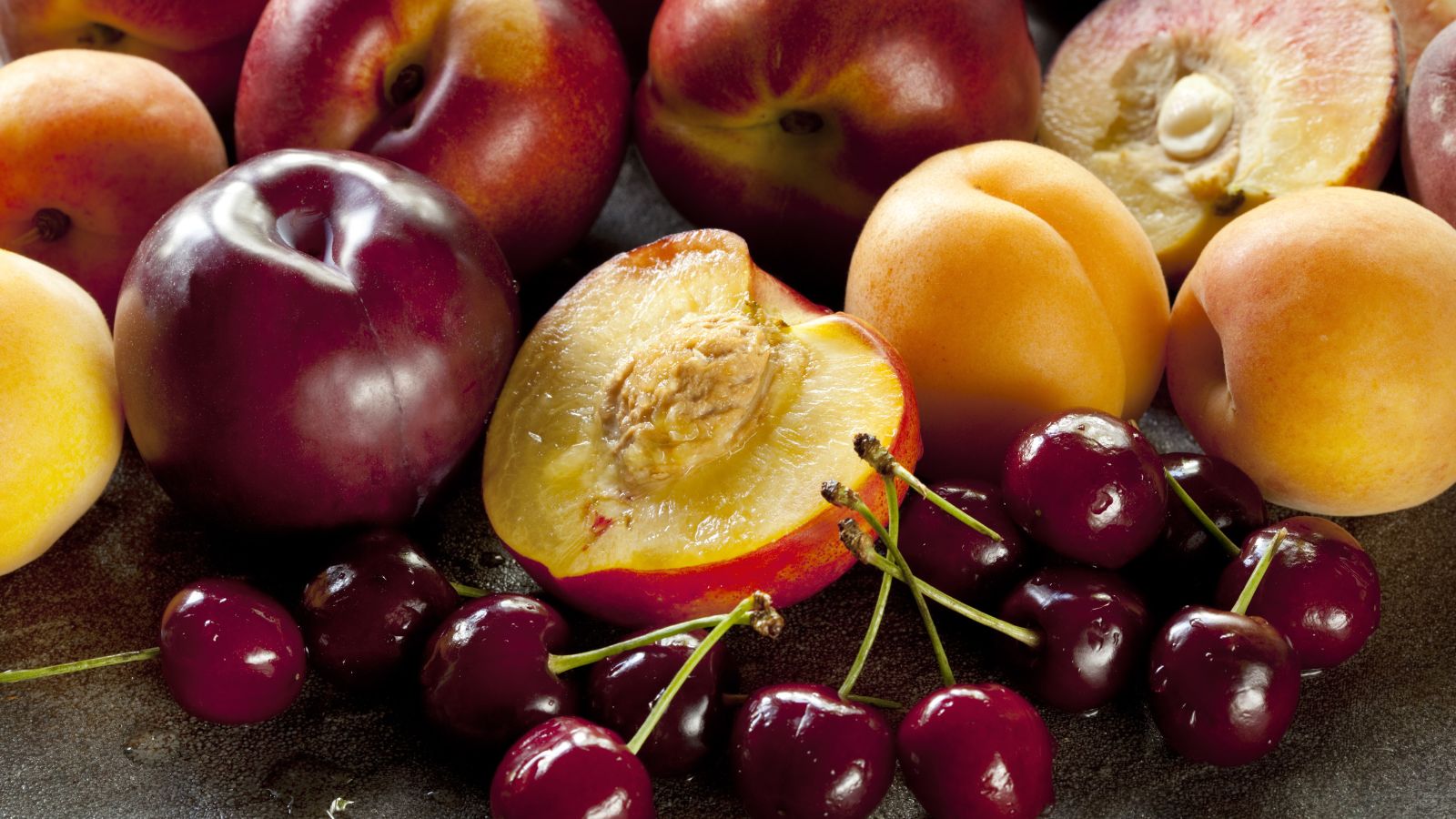
These fruits can lose their flavor and texture when stored in cold places. Store them at room temperature until they’re fully ripe. Once ripe, you can refrigerate them if necessary to keep them fresh for a bit longer, but use them soon for the best taste.
Peanut Butter
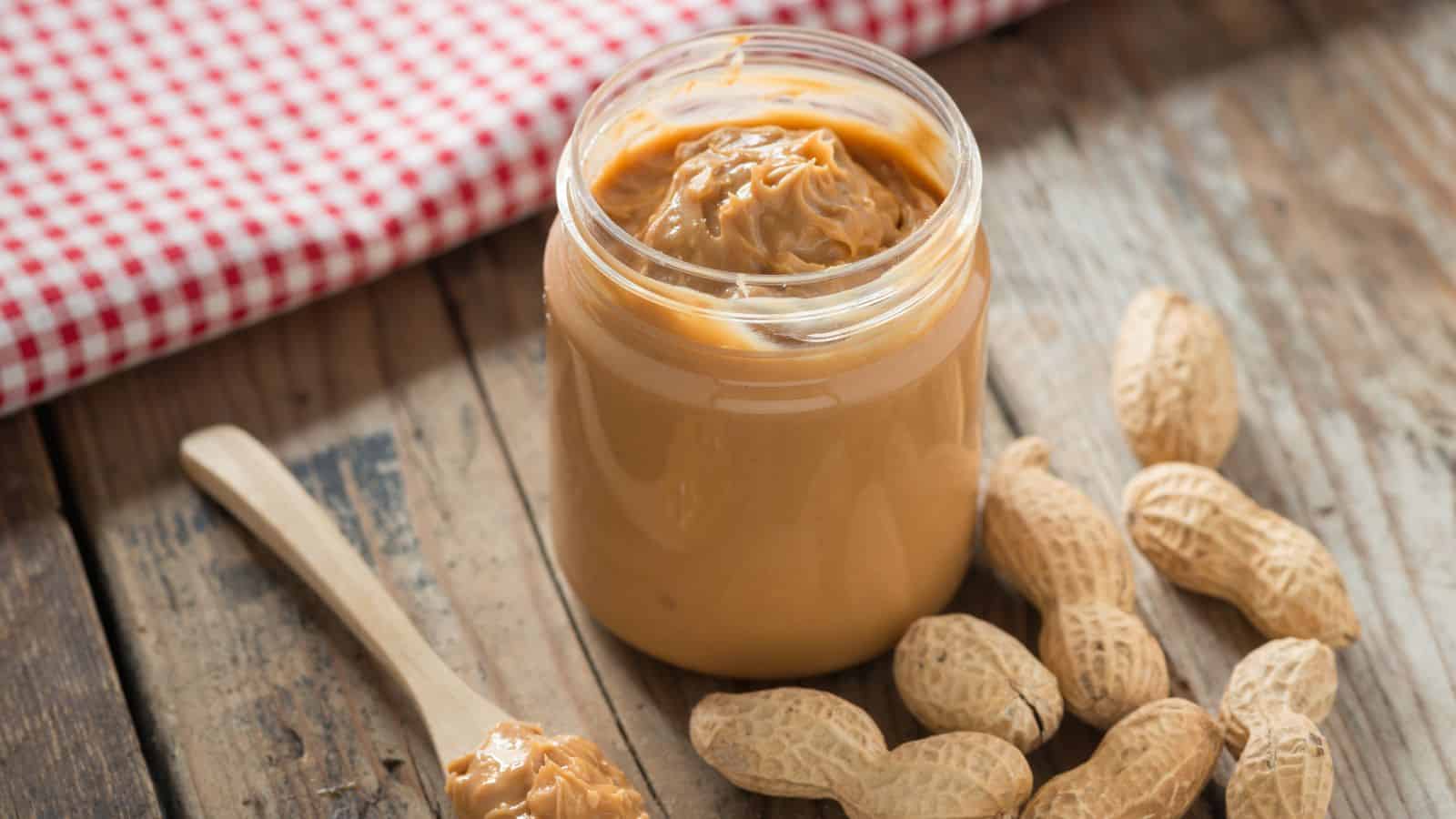
Natural peanut butter can harden and become difficult to spread when refrigerated. Keep it in a cool, dry place instead. Commercial peanut butter with preservatives can be stored at room temperature without any problems.
Basil
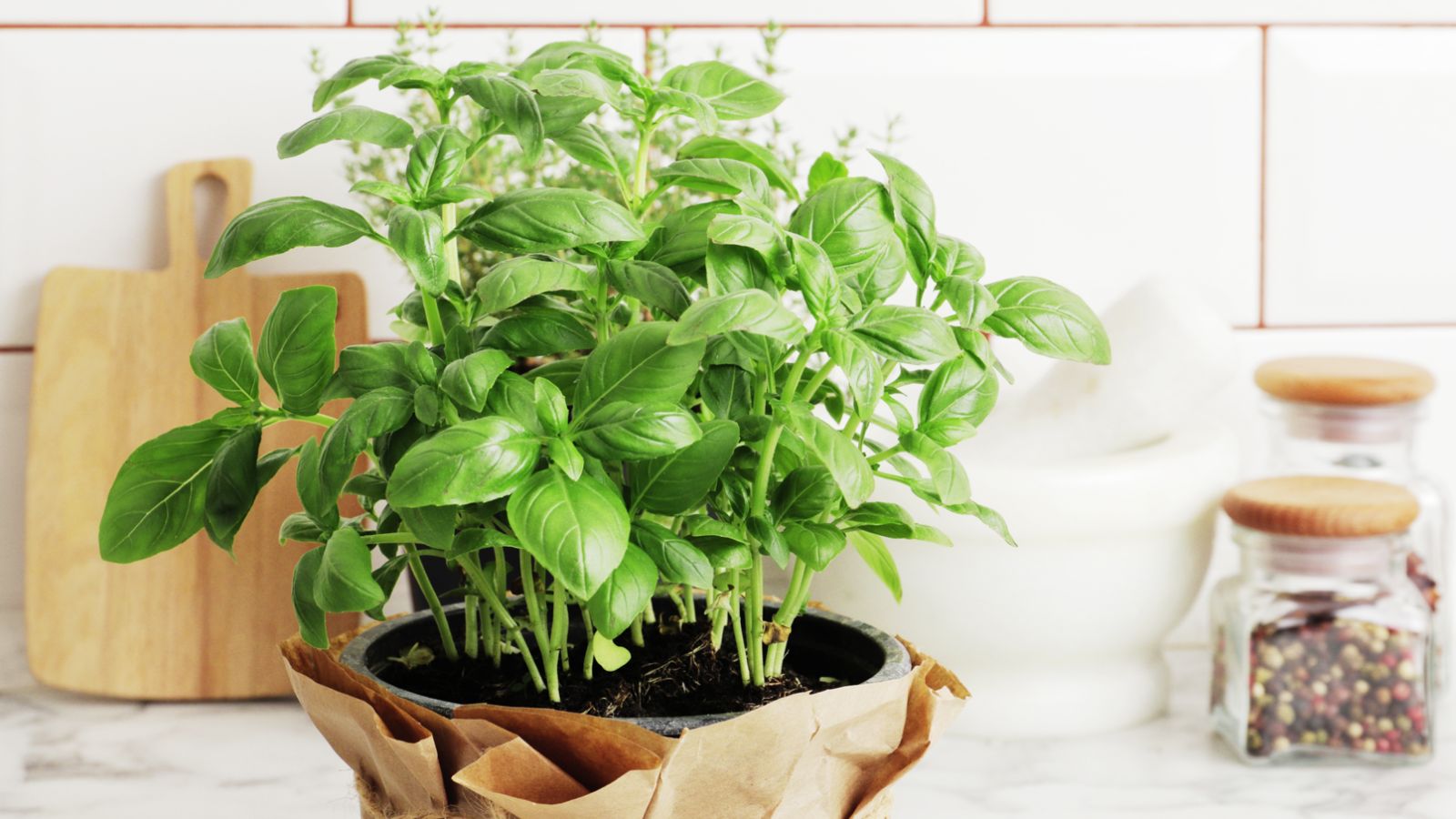
Basil wilts and absorbs odors in the fridge. It’s best stored like fresh flowers, in a glass of water at room temperature. Covering the leaves loosely with a plastic bag can help maintain their freshness and aroma for longer.
Apples
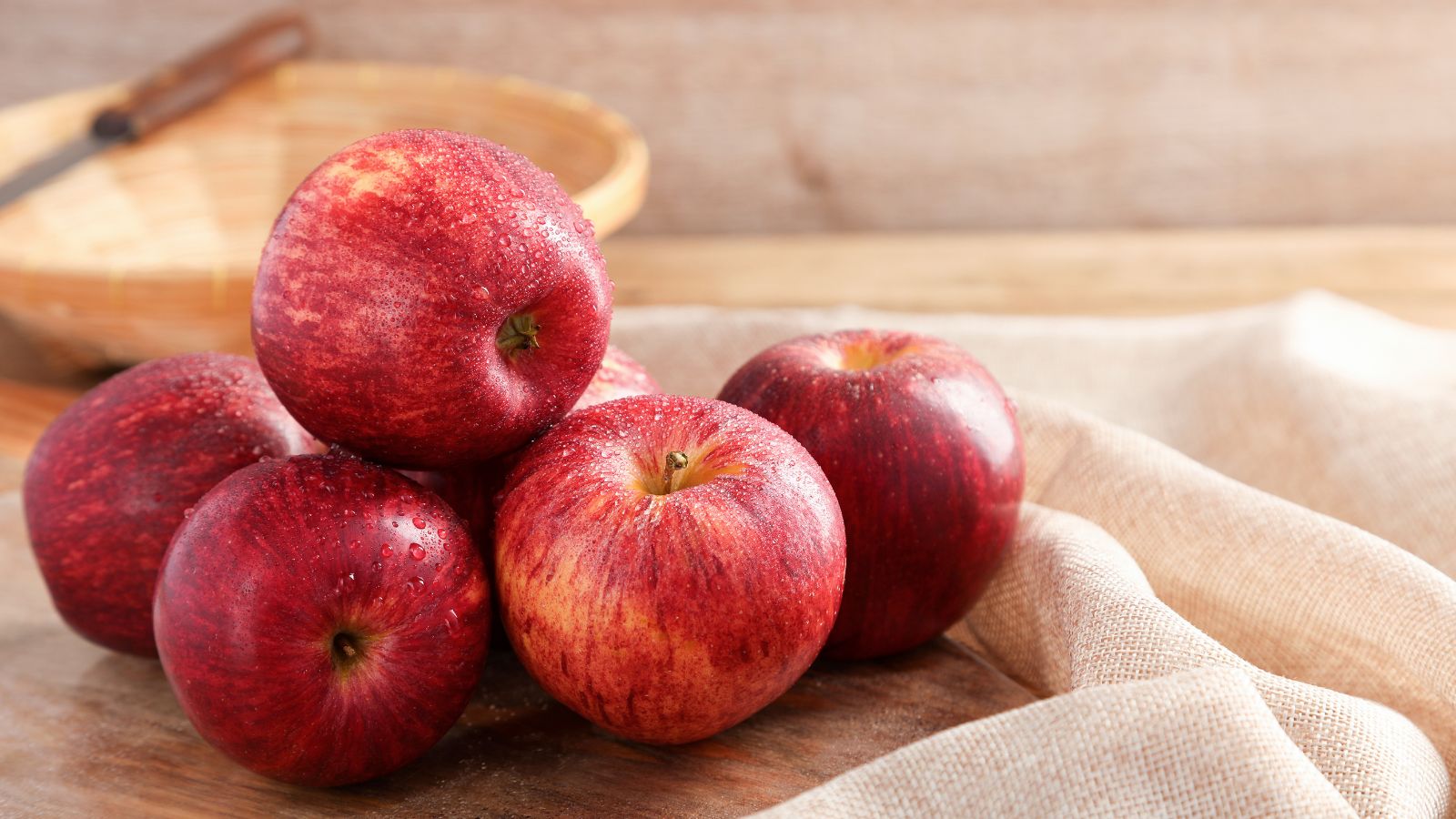
Don’t put apples in the fridge as it can make them lose their crispness and flavor over time. They keep well at room temperature for about a week. If you need to store them longer, you can refrigerate them, but for short-term storage, a cool place outside the fridge is ideal.
Cucumbers
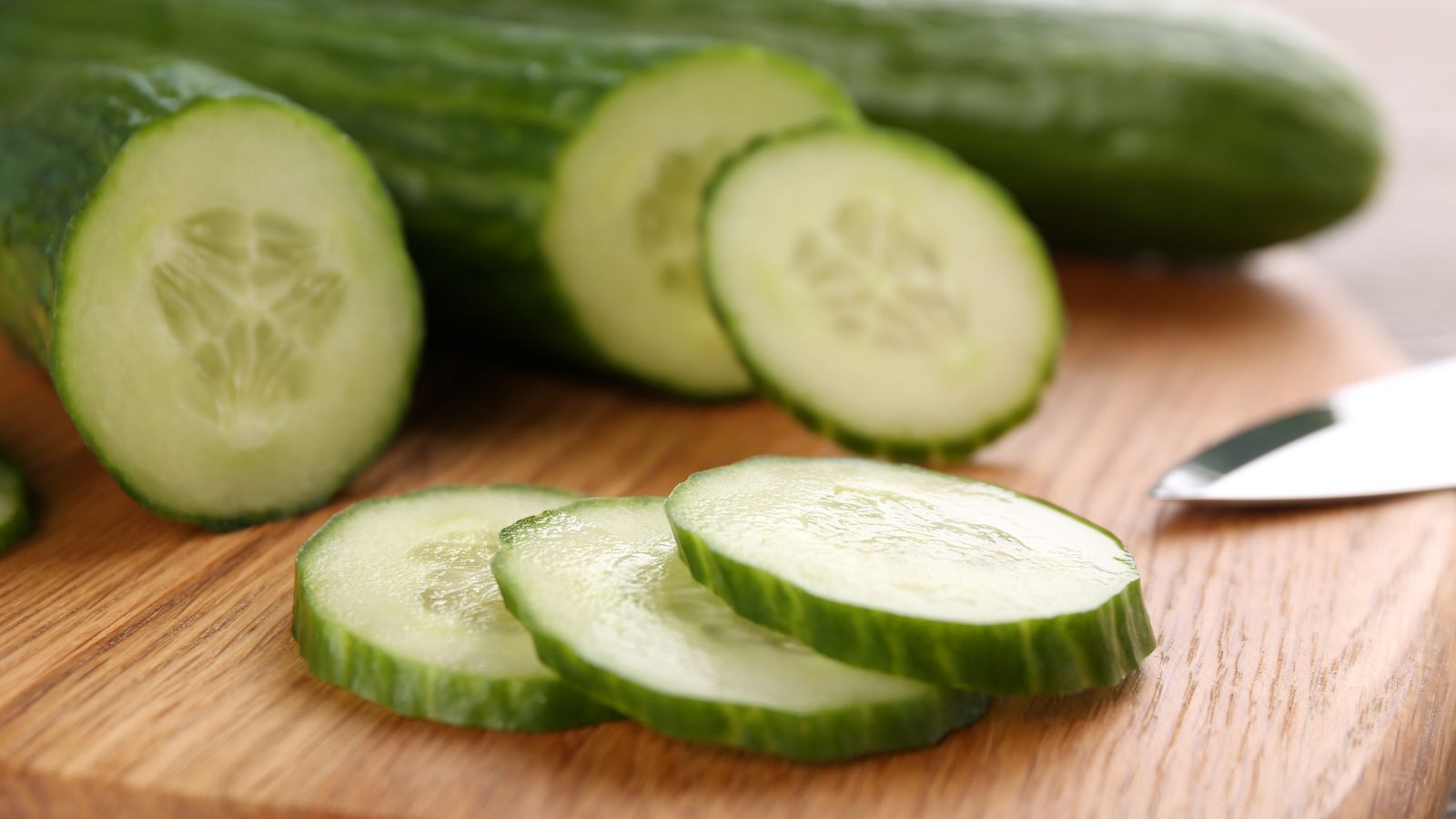
Cucumbers can become watery and develop pitting when stored in the fridge. Keep them at room temperature, away from direct sunlight. If you must refrigerate them, use them quickly to avoid spoilage and maintain their crispness.
Citrus Fruits

Citrus fruits can lose their juiciness and develop a dull flavor in the fridge. They’re best stored at room temperature. If you need to keep them longer, refrigerate them only after they’ve ripened fully to extend their shelf life for a few days.

